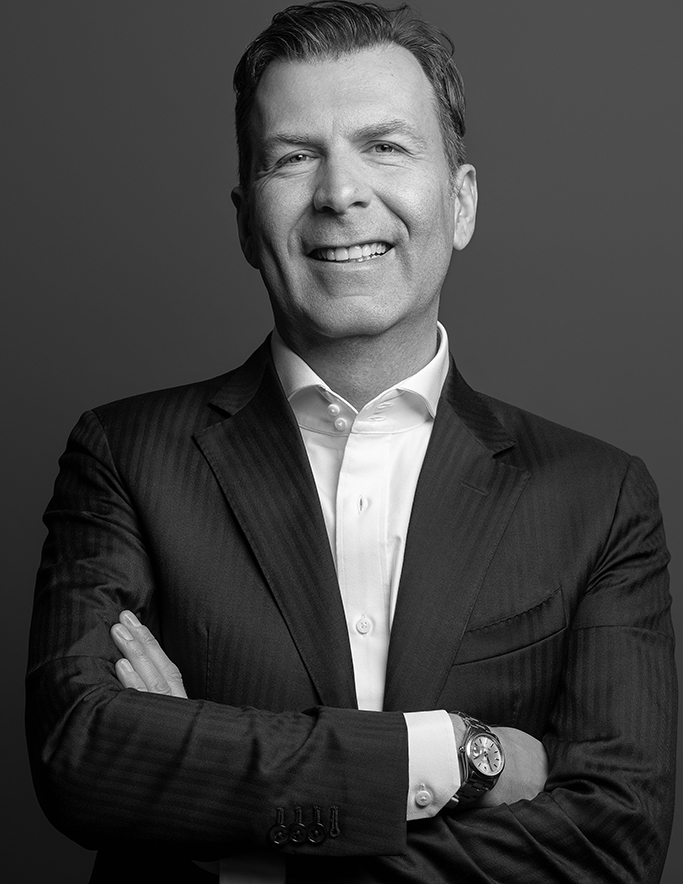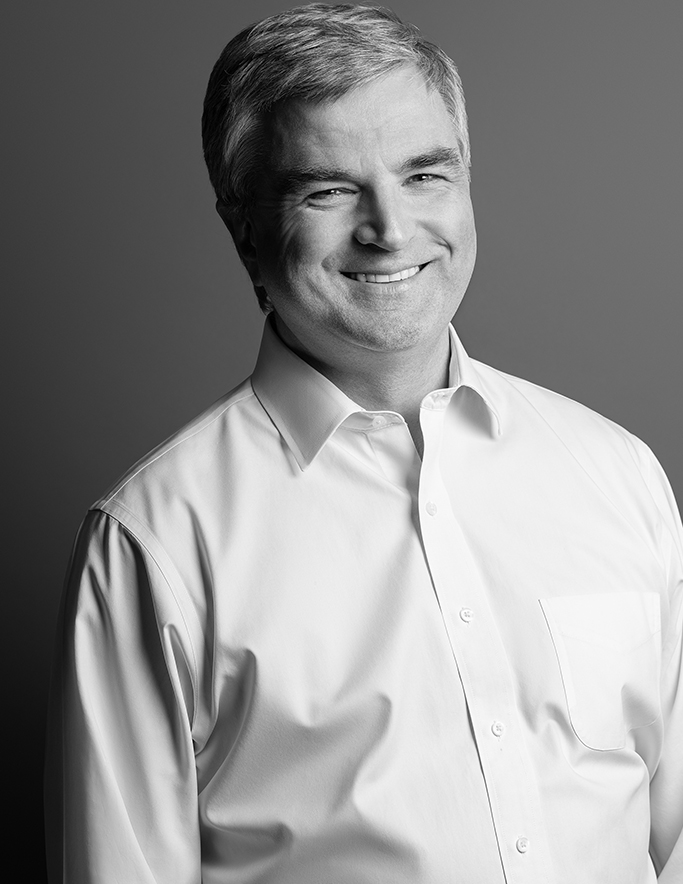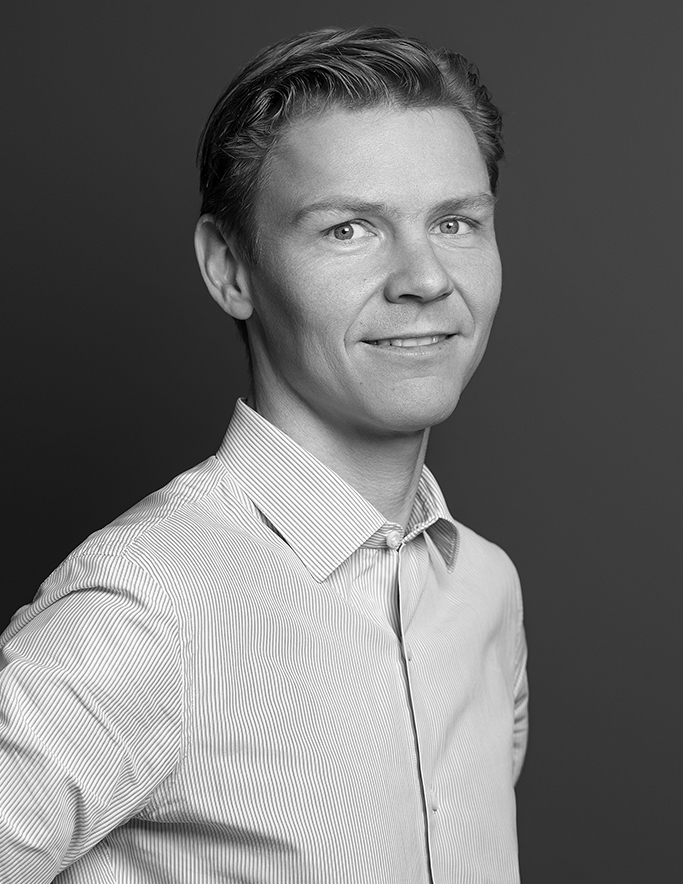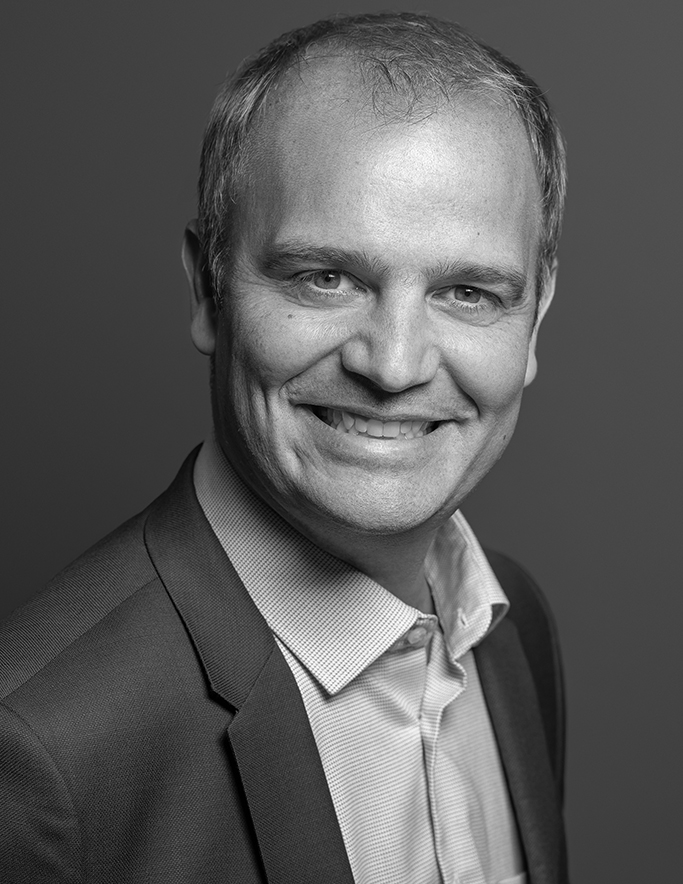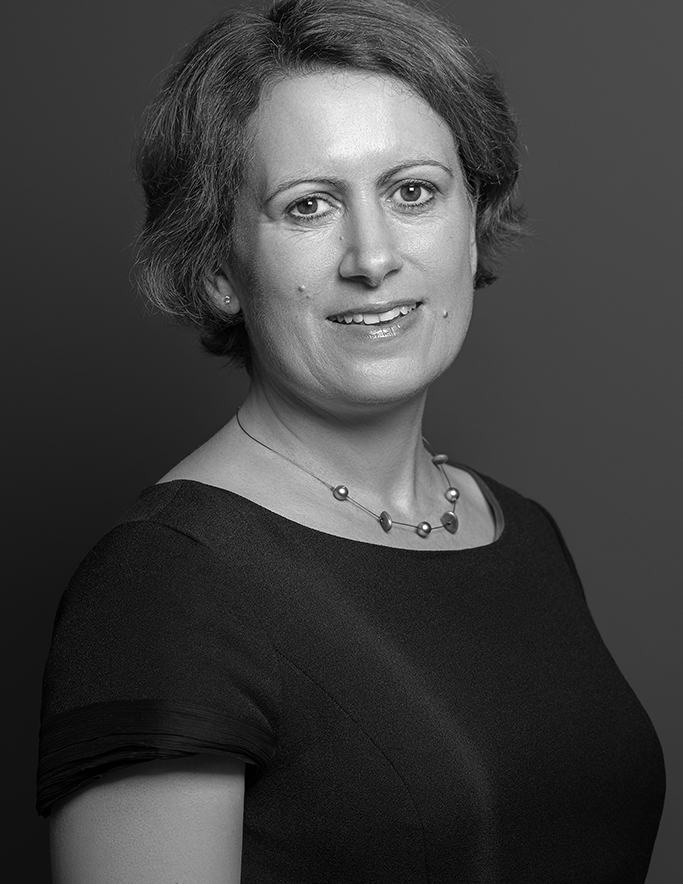Argos Wityu and BCG release the first edition of their barometer on European SMEs’ progress on decarbonization.
While being central contributors to both GDP and greenhouse gas emissions, medium-sized enterprises are often perceived as a blind spot in climate action and media coverage. According to the European Commission, their GHG contribution could represent up to two thirds of the total European emissions. As of today, the mid-market ecosystem is far from being ready to comply with the already-voted European Corporate Sustainability Reporting Directive (CSRD), which will demand businesses with over 250 employees and €40m turnover to disclose their impact on climate, including scope 3 emissions, with a full-year reporting period starting on Jan 1st, 2026.
In light of this observation, have SMEs truly grasped the extent of the transformations required? Are they actively engaged in decarbonizing their activities? What obstacles must they overcome, and what opportunities does decarbonization present? To address these critical questions, Argos Wityu and BCG are proud to unveil the first edition of a barometer designed to evaluate the progress of European SMEs in their decarbonization efforts.
This study involved surveying 700 SME leaders in July 2023, across six European countries (France, Italy, Germany, Belgium, the Netherlands, and Luxembourg).
Acute Awareness of Urgency and Opportunities
A striking 84% of surveyed SMEs consider the reduction of greenhouse gas emissions to be “important” or “critical,” underlining the urgency of the matter among this segment. Of these, 71% perceive it as an opportunity, anticipating benefits such as improved profitability and access to new markets, triggering an immediate or long-term competitive advantage.
“There is no doubt that the decarbonization of mid-sized businesses can generate strong opportunities in all sectors. Many investors, from family offices to large institutions are willing to support these businesses in their Grey to Green transition and help them become sustainable leaders” said Simon Guichard, Partner at Argos Wityu.
A Still Unstructured and Often Opportunistic Approach
While 38% of SMEs surveyed claim to have already invested heavily in decarbonization, in reality only 11% have a structured approach that includes measuring their GHG emissions, designing a roadmap and deploying “strong investments”.
“Mid-market companies are in the initial stages of their sustainability journey, and their investments are still predominantly driven by regulations, energy prices, and customer demand. The path toward a structured and comprehensive approach lies ahead. It is absolutely critical to support SMEs with dedicated measures if we are to achieve our climate goals.”, said Fabien Hassan, Principal at BCG.
Divergent Dynamics Based on Ownership and Sector
In the absence of strong geographical contrast, different dynamics emerge based on the type of ownership and sector. 62% of publicly listed companies report having made “strong investments” compared to only 35% of privately-owned enterprises. Significant disparities also arise by sector, with 51% of businesses in the transportation and logistics sector stating they have invested considerably, in contrast to a mere 24% of companies in high-temperature industries (e.g., metals, glass, ceramics…).
Optimism Amidst Challenges
Despite the challenges, the European SMEs surveyed remain optimistic about achieving the set objectives for 2030: 70% believe them to be achievable. However, they require genuine support to overcome three main headwinds they face, notably a lack of financial resources, regulatory complexity, and a shortage of expertise.
“Contrary to large companies, mid-market companies rarely have sufficient scale to hire the necessary internal talents or to develop in-house expertise and deliver ambitious decarbonization roadmaps. We now need to help them transform their optimism into structured investments. Engagement of all stakeholders – regulators, investors, governmental agencies, business partners, solution providers – addressing the specific needs of mid-market companies, is critical” said Benjamin Entraygues, Managing Director and Senior Partner at BCG.
“To successfully complete their environmental transition, mid-sized businesses will need strong support, specialised experts, and funding. We are convinced that the first ones to trigger deep changes towards decarbonization, will benefit from a lasting competitive advantage.” said Louis Godron, Managing Partner at Argos Wityu.
This pioneering study sheds light on the evolving landscape of decarbonization efforts among SMEs in Europe, emphasizing the critical role they play in addressing climate change. Argos Wityu and BCG intend to continue monitoring these trends and supporting SMEs on their journey towards a more sustainable future.
For more detailed information, access the complete study.
Argos Wityu
Coralie Cornet
Head of Communications
ccc@argos.fund
+33 (0)6 14 38 33 37
BCG
Claire Lebret
lebret.claire@bcg.com
+33 (0)6 07 46 63 25
About Argos Wityu / www.argos.wityu.fund
One firm, two strategies. Argos Wityu is an independent European private-equity group that supports the growth of mid-sized business and back their management teams.
With €1.7 billion assets under management, over 30 years of experience and more than 90 businesses supported, Argos Wityu operates from offices in Amsterdam, Brussels, Frankfurt, Geneva, Luxembourg, Milan, and Paris. The group seeks to acquire majority stakes and invests between €10m and €100m in each investment of its two strategies:
- The Mid-Market fund helps companies implement ownership transitions to accelerate growth.
- The Climate Action fund aims at shaping European sustainable leaders by driving their ‘grey-to-green’ transition.
About BCG / www.bcg.com
Boston Consulting Group partners with leaders in business and society to tackle their most important challenges and capture their greatest opportunities. BCG was the pioneer in business strategy when it was founded in 1963. Today, we work closely with clients to embrace a transformational approach aimed at benefiting all stakeholders—empowering organizations to grow, build sustainable competitive advantage, and drive positive societal impact. Our diverse, global teams bring deep industry and functional expertise and a range of perspectives that question the status quo and spark change. BCG delivers solutions through leading-edge management consulting, technology and design, and corporate and digital ventures. We work in a uniquely collaborative model across the firm and throughout all levels of the client organization, fuelled by the goal of helping our clients thrive and enabling them to make the world a better place.

